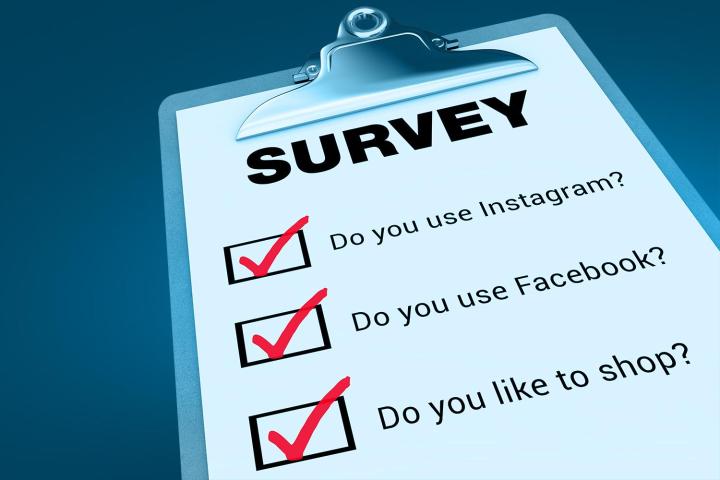
The last time I tried to write an article that made a fairly agreed-upon, tongue-in-cheek assessment about some of the problems with how we portray and regard “women in tech,” this happened. So trust me when I say this is not something I enjoy talking about. It’s like all the Internet’s jerks are hibernating in their Gollum caves, and then an alarm sounds that some woman, somewhere, has published the words “women in tech,” and they come barreling out of their hovels, heading for the comment section without a backward glance.
But apparently I’m going to do it anyway, so let’s just get it all out there right now: Yep, I’ve got lady parts, you may or may not, and you hate me and everything I’m about to say. Also, I definitely just want to get married and have babies and buy shoes. You nailed it! You got me!
Why did no one talk to any dudes? Do men not need closet space?!
This Daily Mail article about this is the only source of information because Sharps Bedroom (a totally legit survey source, for sure) simply has a blog post about how the findings of this survey mean you need more storage space. The link to the “recent survey” just loops you back to the Daily Mail article. Which really nails it with the intro:
“As many men are well aware, women need little encouragement to shop for new clothes.”
Come on, nameless Daily Mail Reporter, pull us into the bigotry. Don’t lead with it!
It goes on to explain that “thanks to the masses of photographs posted on sites such as Facebook and Instagram, many women deem their clothes old soon after buying them.”
Now for the question portion of our evening.
Question 1: This “on sites such as Facebook and Instagram” is a little confusing – do you just mean posted on any social media site? Or the Internet? Just that seeing clothes online at all in almost any capacity makes women go all googly-eyed and start hitting up Amazon like there’s no tomorrow? Once again, I would seriously love to see the actual survey and find out what in God’s name you’re getting at here. Does this have to do with the influx of clothing-related photos being posted to social sites, the general increase in this content on the Internet as a whole, or perhaps the very visual social campaigns that brands are running? Would love some answers.
Question 2: What exactly is it about social networks that make us go buy new clothes? Is it that we’re inspired by seeing other users’ styles or that once we show up online in an outfit, we don’t want to repeat it?
Question 3: Um, did you guys even ask any men to participate in this survey?
Because I did! And guess what – their answers sound a lot like the answers of the women I asked. Basically both sexes admitted that yes, photos of them on Facebook and Instagram make them more conscious of what they wear; i.e., if you wore outfit one to a party last weekend where a lot of photos were taken and shared, you probably won’t wear the same thing. However, most people (people) agreed that “the masses of photographs posted on sites such as

I guess no one thought about the fact that men are actually more engaged social shoppers as well as motivational and impulsive shoppers. Maybe because of these things, they’re also highly influenced or motivated by “the masses of photographs posed on sites such as Facebook and Instagram” (I’m sorry I keep repeating this phrase, it’s just too wonderfully vague, meaningless, and undefined to let go of) to go buy clothes.
This has been my long-winded way of calling these two publishers out – and B.S. surveys everywhere.
Sure, generally speaking, women buy more clothes, and according to pop culture, we like to go to malls and carry as many bags as can possibly fit on our arms. But to try and make this “SEEING PRETTY PICTURES ON THE INTERNET MAKES LADIES EMPTY THEIR PURSES” statement (and backing it up with said possibly non-existent survey) is pretty irresponsible. It’s just adding fuel to an already unstoppable fire of misogyny.
With that, I will leave you to it, commenters. I know you’ve got a lot of work to do.
Editors' Recommendations
- We don’t need more robot vacuums. What we really need is a dusting robot
- The office is a relic of pre-internet times. We don’t need it anymore
